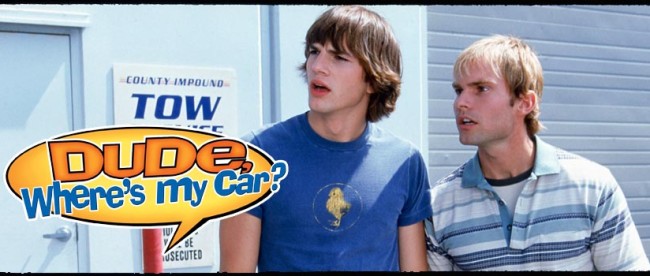How Will the Law Handle Self-Driving Cars?

In 2013, there were 32,719 Americans were killed as a result of motor vehicle crashes. Another 2.3 million Americans were injured. Most of these accidents were caused by human error: texting, sleeping, speeding, drinking while driving, to name a few. Many companies are now working to remove the element of human control and judgment from the automobile equation in the hope that it will result in safer, more efficient transportation. Enter: the self-driving car. The self-driving car is never distracted, never asleep at the wheel, and never drunk. This should, theoretically, improve road safety. But what happens when it malfunctions?
Several large corporations have already announced groundbreaking technology in the automotive industry. Google believes that its self-driving cars will be ready for widespread use within the next five years. This year Mercedes unveiled a futuristic-looking, luxurious, self-driving car that can be summoned to the location of the user with an iPhone app. Tesla plans to release an “autopilot” software update to its Model S cars this year, which will allow for driverless steering on highways. With all of these advancements, it appears that the question is when, not if, self-driving cars will replace those controlled by humans.
The legal framework, currently in place for traditional automobiles, is ill-equipped to deal with autonomous autos. As has happened in many arenas, technological advancements have begun to outpace advancements in the law. The legality of self-driving cars remains unsettled, and questions regarding criminal and civil liability remain unanswered.
There is currently a patchwork of different regulation across the fifty states. California, Nevada, Michigan, Florida, and the District of Columbia have all passed laws legalizing the testing or operation of self-driving cars on public roads. But these laws have mostly just extended existing motor-vehicle regulations to cover self-driving cars rather than crafting new regulations. Relevant bills are under consideration in twelve states, and bills have already failed in another dozen states. Transportation is obviously an activity that constantly cuts across state boundaries, so if the transition to driverless cars has any hope of being a smooth one, then comprehensive and consistent legislation across all states will be key.
Even if self-driving cars are widely legalized, without someone at the wheel, the issue of who is fault in an accident becomes a tricky one. Suppose a self-driving swerves to avoid a pedestrian but ends up hitting another car and injuring the occupants; or suppose the programming of the car malfunctions and the car strikes a bicyclist, killing him instantly. Criminal and civil liability may need to be assigned in these situations, but in what manner? Should the owner of the car be at fault? Perhaps the company that created and sold the car? Or maybe the team that programmed to car’s software?
One attorney, John Frank Weaver, argues that the solution is to extend legal personhood to robots. Weaver states that “[i]f we are dealing with robots like they are real people, the law should recognize that those interactions are like our interactions with real people….[i]n some cases, that will require recognizing that the robots are insurable entities like real people or corporations and that a robot’s liability is self-contained.” In other words, if your driverless car hit someone it would be fully insured and it as an object would be liable. It would free and clear from any criminal liability presumably, except demolition. The idea is that if the car is a separate, fully insured entity, both owners and manufacturers would be more insulated from liability. This would promote both the production and ownership of self-driving cars, and, if on the whole self-driving cars are safer than conventional driving, reduce traffic related costs and deaths.
It remains unclear if the ideal solution is for the law to consider self-driving cars as legal persons. But perhaps such novel technology needs to be paired with an equally novel legal framework. One way or another, it appears that the era of autonomous cars is steadily approaching, and it would behoove our lawmakers to get in the drivers seat and approach these legal challenges head-on.
